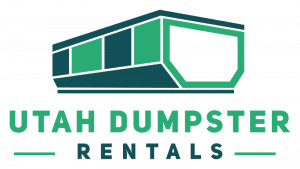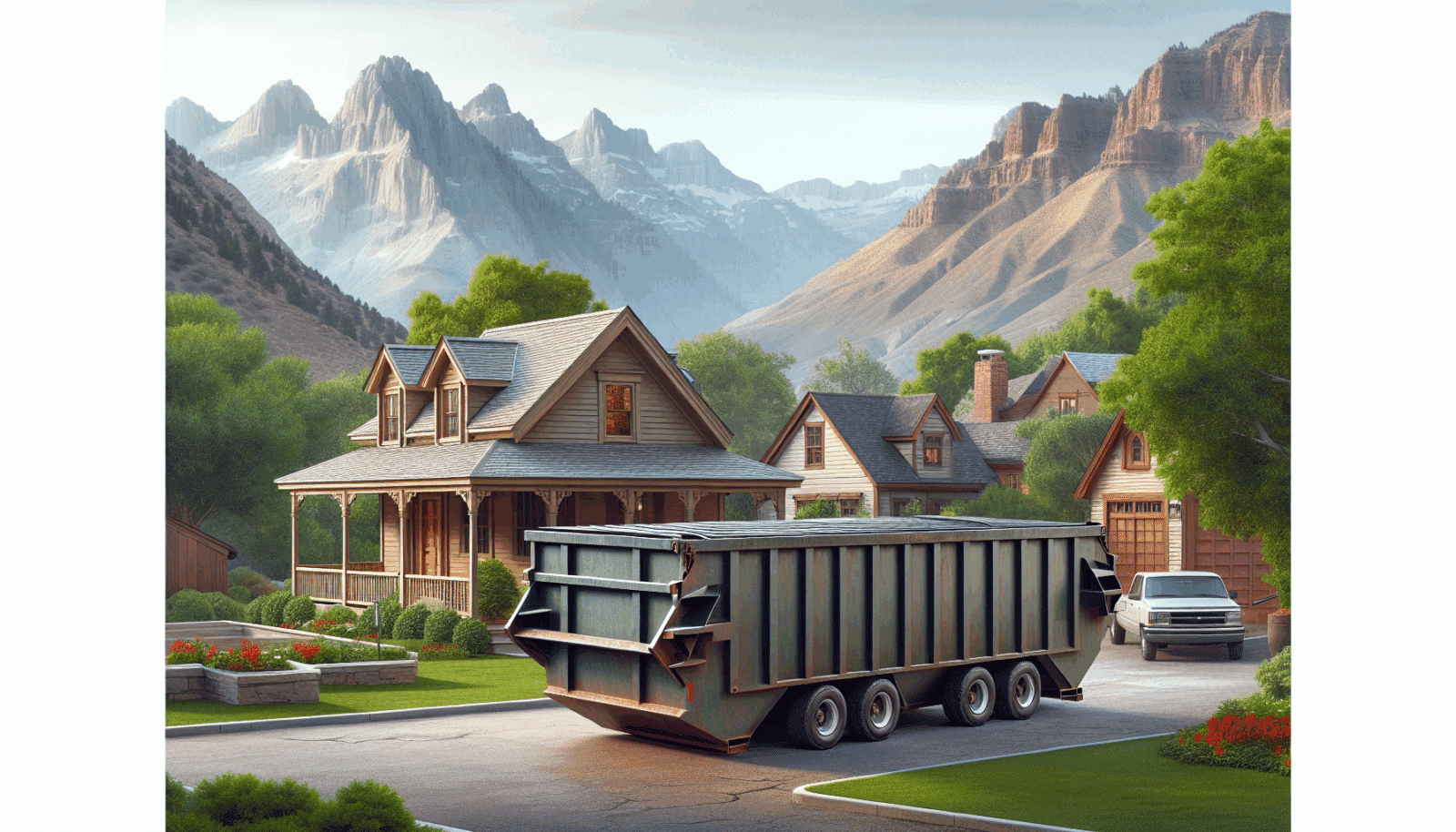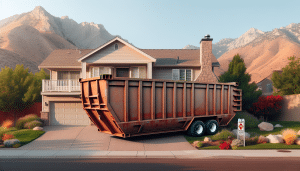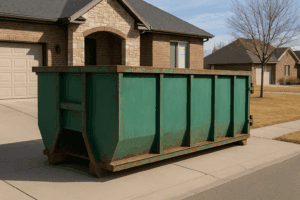Renovating your basement can be an exciting yet daunting task. Whether you’re transforming it into a cozy living space, a game room, or just extra storage, you’re going to generate a lot of waste. This is where we at Utah Dumpster Rentals come to the rescue. We will guide you through choosing the right dumpster for your basement renovation project, keeping things stress-free and tailored to homeowners like you in our service areas.
Contents
Understanding Your Waste Type
To select the perfect dumpster, you first need to understand the type of waste your project will produce. Renovating a basement usually involves clearing out old furniture, broken appliances, and a mix of building materials. Knowing your waste type helps you decide whether you need a general waste dumpster or something more specialized.
Different types of waste require different disposal methods. For example, hazardous materials need special treatment, while construction debris can go into a standard roll-off dumpster.
If you can clarify your waste types ahead of time, you’ll be better equipped to choose a dumpster that fits all your disposal needs.
Evaluating The Project Size
The size of your basement and the extent of your renovation play a big role in determining the right dumpster size. Are you gutting the entire basement or just making a few updates? The larger your renovation, the bigger the dumpster you’ll need.
For small projects, a 10-yard dumpster might suffice. It fits well for minor cleanouts and small renovation jobs.
Larger renovations, however, often require a 20-yard or 30-yard dumpster. These sizes accommodate more waste, such as larger pieces of drywall, flooring, and old furniture.
Choosing the Right Dumpster Size
Dumpster Sizes can be confusing if you’ve never rented one before. The size is typically measured in cubic yards. Here’s a quick breakdown to help you figure out what you might need:
- 10-Yard Dumpster: Ideal for minor cleanups and small renovation projects. If you’re only ripping out carpet and tossing old small furniture, this could be a good fit.
- 20-Yard Dumpster: A popular choice for medium-sized projects, like extensive basement cleanouts or small construction projects.
- 30-Yard Dumpster: Perfect for larger renovations with lots of debris, including old furniture and heavy building material.
- 40-Yard Dumpster: Mostly used for large-scale projects. Unless you’re doing a full basement overhaul, you might not need this size.
Estimating Waste Volume
Accurately estimating the volume of waste your project will generate can save you both time and money. Overestimating might result in an oversized dumpster that costs more and wastes space. Underestimating might leave you scrambling for a second dumpster.
One method to estimate is by visualizing the volume of debris in truckloads. A 10-yard dumpster typically holds about 3 truckloads worth of waste. Do the math accordingly based on the size of your project.
This estimation helps you avoid the pitfalls of extra costs or inadequate dumpster space.
Considering On-Site Space
Before renting a dumpster, assess the available space on your property. Some dumpsters require more room, and not all properties accommodate larger sizes.
Make sure there’s enough space to place the dumpster without hindering movement or access to your home. Measure your driveway or construction area and compare it to the dumpster dimensions.
If space is a concern, consider a smaller dumpster or ask us about multi-day rentals to keep your site manageable.
Budgeting for Your Dumpster
Cost is a significant factor when choosing a dumpster. Renting a larger dumpster than you need can break the budget, while smaller ones might cost extra in multiple rentals.
Assess your budget and see which size fits your financial plan. Include potential overage fees and weigh the costs of different sizes to find the best fit.
Be transparent with our team about your budget, and we’ll help you find a cost-effective solution.
Checking Dumpster Weight Limits
Each dumpster size comes with specific weight limits for safety and logistical reasons. Know how heavy your waste might be to avoid overage fees.
Heavier materials like concrete and brick quickly add up, and exceeding weight limits can result in additional charges. Make sure to select a size that can handle both the volume and the weight of your debris.
Reviewing the weight limits before renting ensures a smoother, surprise-free process.
Understanding Rental Periods
Determine how long your renovation will take. Dumpster rental periods vary, and understanding these can help you avoid additional costs.
If your project realistically looks like it will extend, consider this while renting. It’s more cost-efficient to book a longer period than to incur late fees.
Discuss your timeframe with us to find a rental period that aligns perfectly with your project.
Reviewing Rental Policies
Policies differ from one rental company to another. Reviewing these ensures you’re fully aware of any additional fees, prohibited items, and weight limits.
Not all materials may be allowed in the dumpster. Check for prohibited items to avoid fines.
A clear understanding of the rental policies keeps your project compliant and cost-effective.
Get Professional Guidance
Feeling overwhelmed? You don’t have to make this decision alone. Our team at Utah Dumpster Rentals is here to guide you.
We offer expert advice to help you choose the right dumpster for your specific basement renovation needs.
Contact Us today, and together we can ensure your project is as smooth and efficient as possible.
For friendly service and expert advice, reach out to us by phone # 801-901-9871 or Request a Free Quote.




